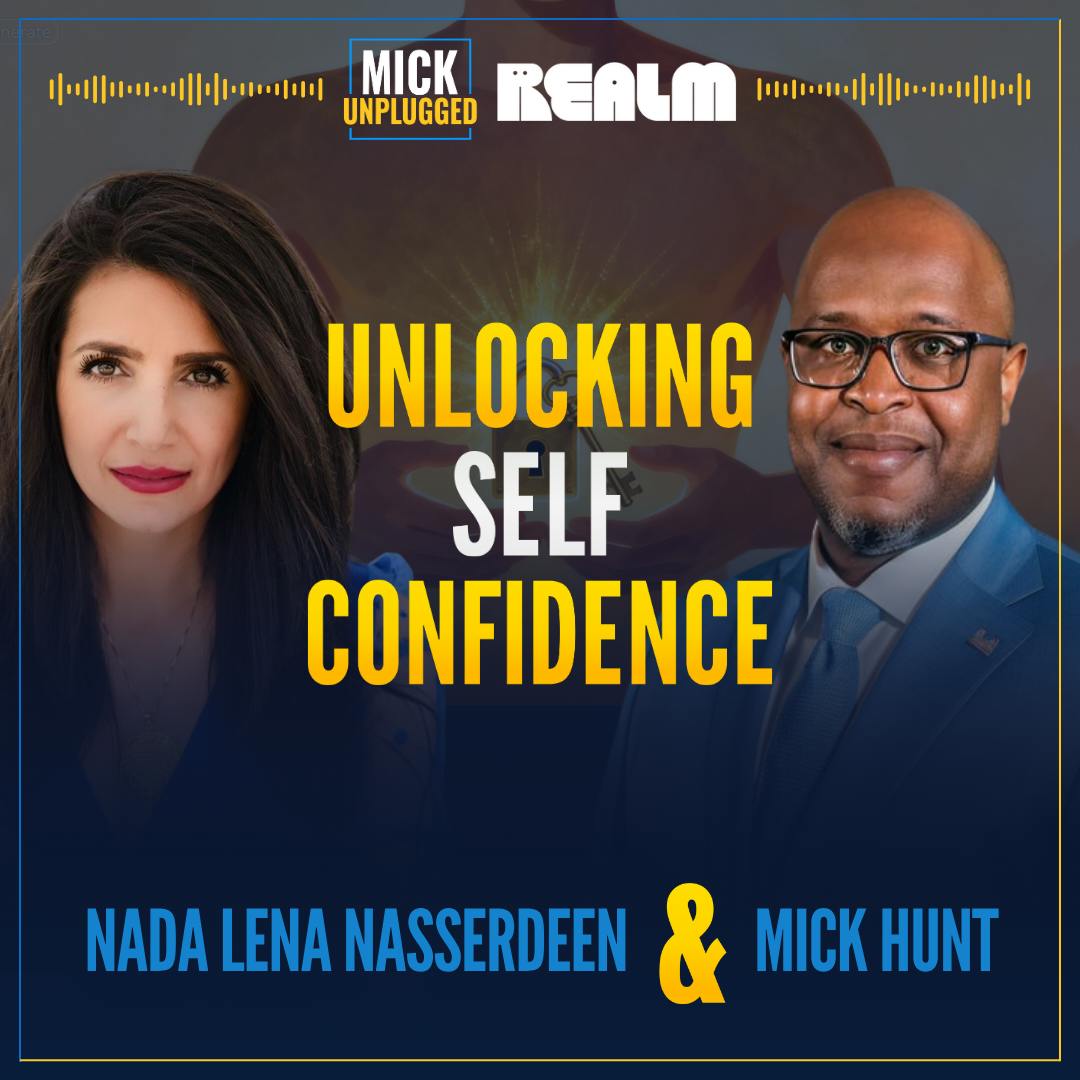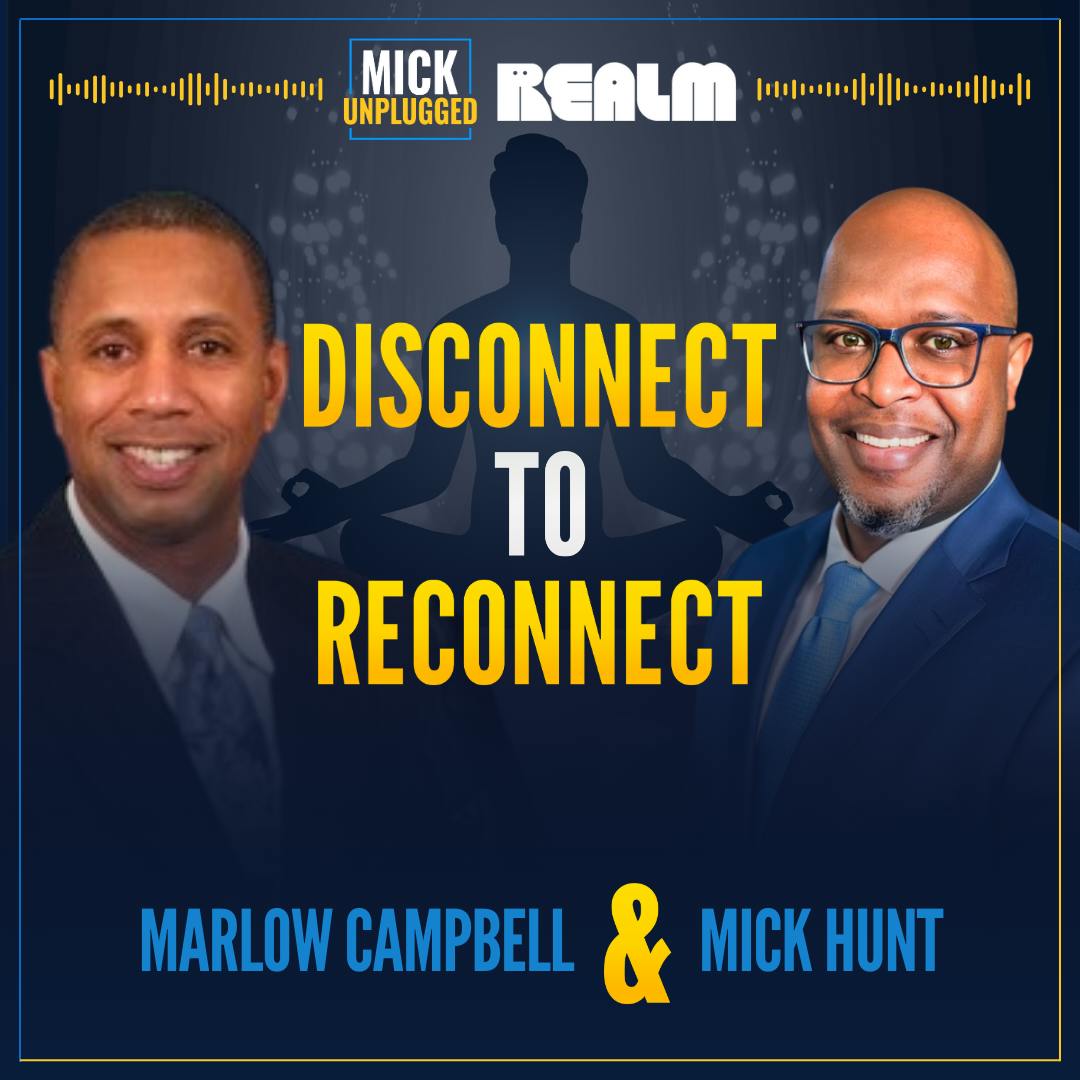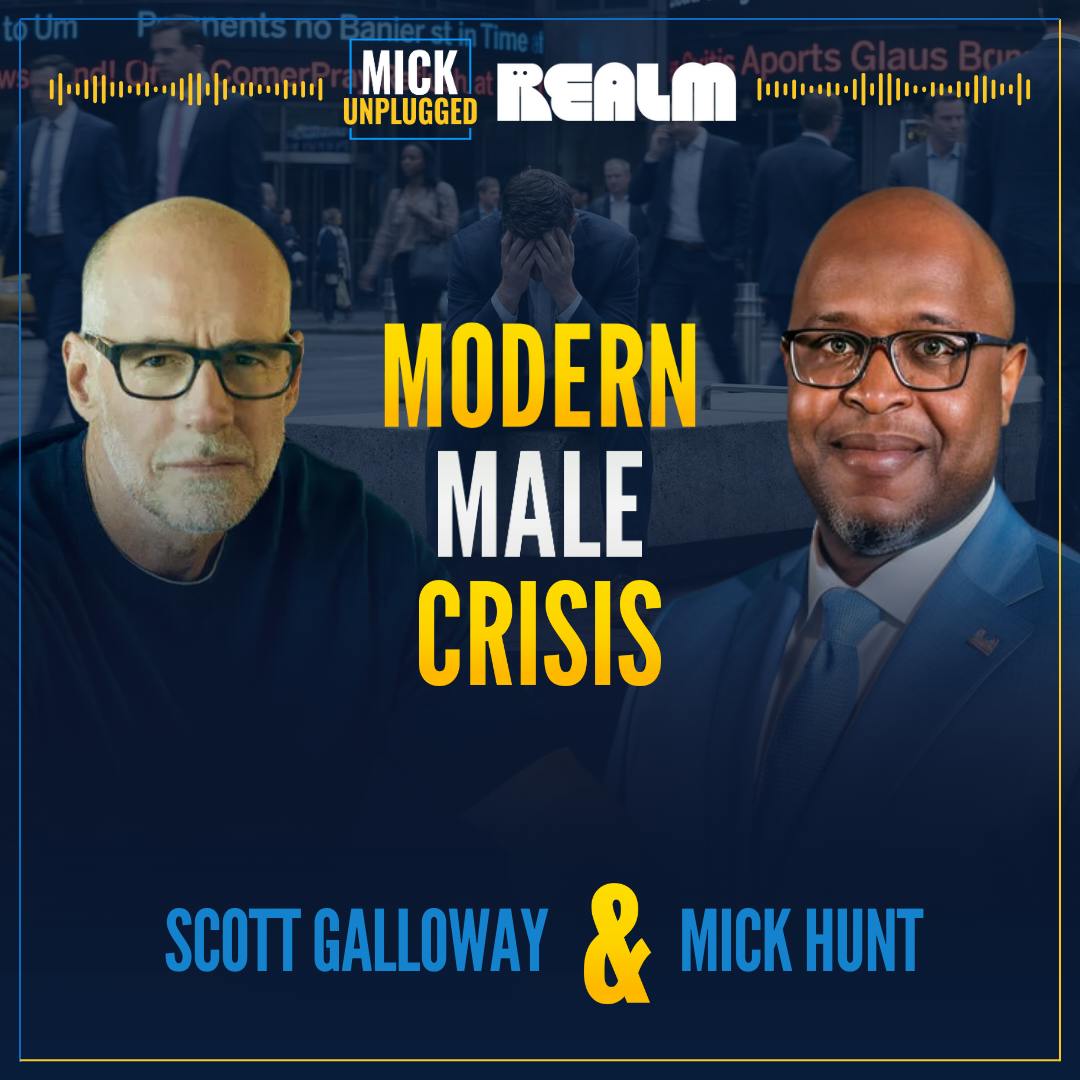Breaking Barriers with Nada Lena Nasserdeen
Nada Lena Nasserdeen is the powerhouse founder of Rise Up For You, a company dedicated to elevating human potential through mastery of soft skills like self-confidence, emotional intelligence, transformational leadership, and influential communication. With years of experience as an executive, author, and speaker, Nada Lena is obsessed with helping individuals and organizations unlock their true capabilities and live with conviction. Her journey—from building her own success after losing both parents at a young age, to coaching thousands through change and growth—has made her internationally recognized as a leader in personal and professional development. Nada Lena’s empowering approach and practical strategies continue to inspire audiences around the globe.
Takeaways:
True self-confidence comes from within: Most people build identity around skills (micro-confidence), but lasting self-confidence is an unwavering belief in your worth, no matter what changes around you.
Healthy boundaries are essential for growth: Many professionals struggle to say no and prioritize their own needs. Setting boundaries is a critical ingredient for personal and career success.
80% of your success depends on emotional and social intelligence: Technical skills alone won't get you to the top; your ability to adapt, influence, communicate, and build relationships drives real achievement in today’s evolving workplace.
Sound Bites:
“The greatest tragedy is wasted human potential. Do not let that be your story.”
“No is a complete sentence. No can help you sleep better at night.”
“Emotional intelligence, it allows you the ability to adapt, to pivot, to have motivation, to build relationships and influence—those are the skills that set you apart.”
Connect & Discover Nada Lena:
Website: nadalena.com
LinkedIn: @nadalena
Instagram: @nadalenanasserdeen
YouTube: @RiseUpForYou
Books:
Transformational Leadership: Unlocking Potential at Every Level of Your Organization
Emotional Intelligence: The Path to Fulfillment, Influence, and Lasting Success
Rise Up For You: Closing the Gap Between You and Your Potential
🔥 Ready to Unleash Your Inner Game-Changer? 🔥
Mick Hunt’s BEST SELLING book, How to Be a Good Leader When You’ve Never Had One: The Blueprint for Modern Leadership, is here to light a fire under your ambition and arm you with the real-talk strategies that only Mick delivers.
👉 Grab your copy now and level up your life → Amazon, Barnes & Noble, Books A Million
FOLLOW MICK ON:
Spotify: MickUnplugged
Instagram: @mickunplugged
Facebook: @mickunplugged
YouTube: @MickUnpluggedPodcast
LinkedIn: @mickhunt
Website: MickHuntOfficial.com
Apple: MickUnplugged
Learn more about your ad choices. Visit megaphone.fm/adchoices
Takeaways:
True self-confidence comes from within: Most people build identity around skills (micro-confidence), but lasting self-confidence is an unwavering belief in your worth, no matter what changes around you.
Healthy boundaries are essential for growth: Many professionals struggle to say no and prioritize their own needs. Setting boundaries is a critical ingredient for personal and career success.
80% of your success depends on emotional and social intelligence: Technical skills alone won't get you to the top; your ability to adapt, influence, communicate, and build relationships drives real achievement in today’s evolving workplace.
Sound Bites:
“The greatest tragedy is wasted human potential. Do not let that be your story.”
“No is a complete sentence. No can help you sleep better at night.”
“Emotional intelligence, it allows you the ability to adapt, to pivot, to have motivation, to build relationships and influence—those are the skills that set you apart.”
Connect & Discover Nada Lena:
Website: nadalena.com
LinkedIn: @nadalena
Instagram: @nadalenanasserdeen
YouTube: @RiseUpForYou
Books:
Transformational Leadership: Unlocking Potential at Every Level of Your Organization
Emotional Intelligence: The Path to Fulfillment, Influence, and Lasting Success
Rise Up For You: Closing the Gap Between You and Your Potential
🔥 Ready to Unleash Your Inner Game-Changer? 🔥
Mick Hunt’s BEST SELLING book, How to Be a Good Leader When You’ve Never Had One: The Blueprint for Modern Leadership, is here to light a fire under your ambition and arm you with the real-talk strategies that only Mick delivers.
👉 Grab your copy now and level up your life → Amazon, Barnes & Noble, Books A Million
FOLLOW MICK ON:
Spotify: MickUnplugged
Instagram: @mickunplugged
Facebook: @mickunplugged
YouTube: @MickUnpluggedPodcast
LinkedIn: @mickhunt
Website: MickHuntOfficial.com
Apple: MickUnplugged
Learn more about your ad choices. Visit megaphone.fm/adchoices
Press play and read along
Transcript
Transcript is processing—check back soon.
Mick Unplugged — Breaking Barriers with Nada Lena Nasserdeen





